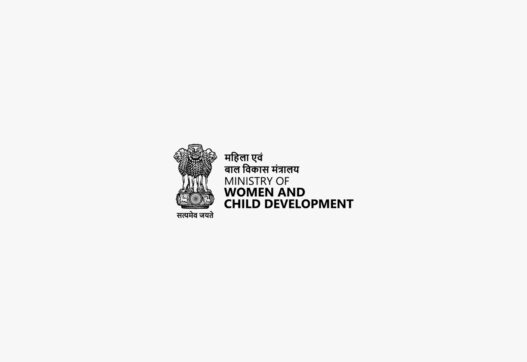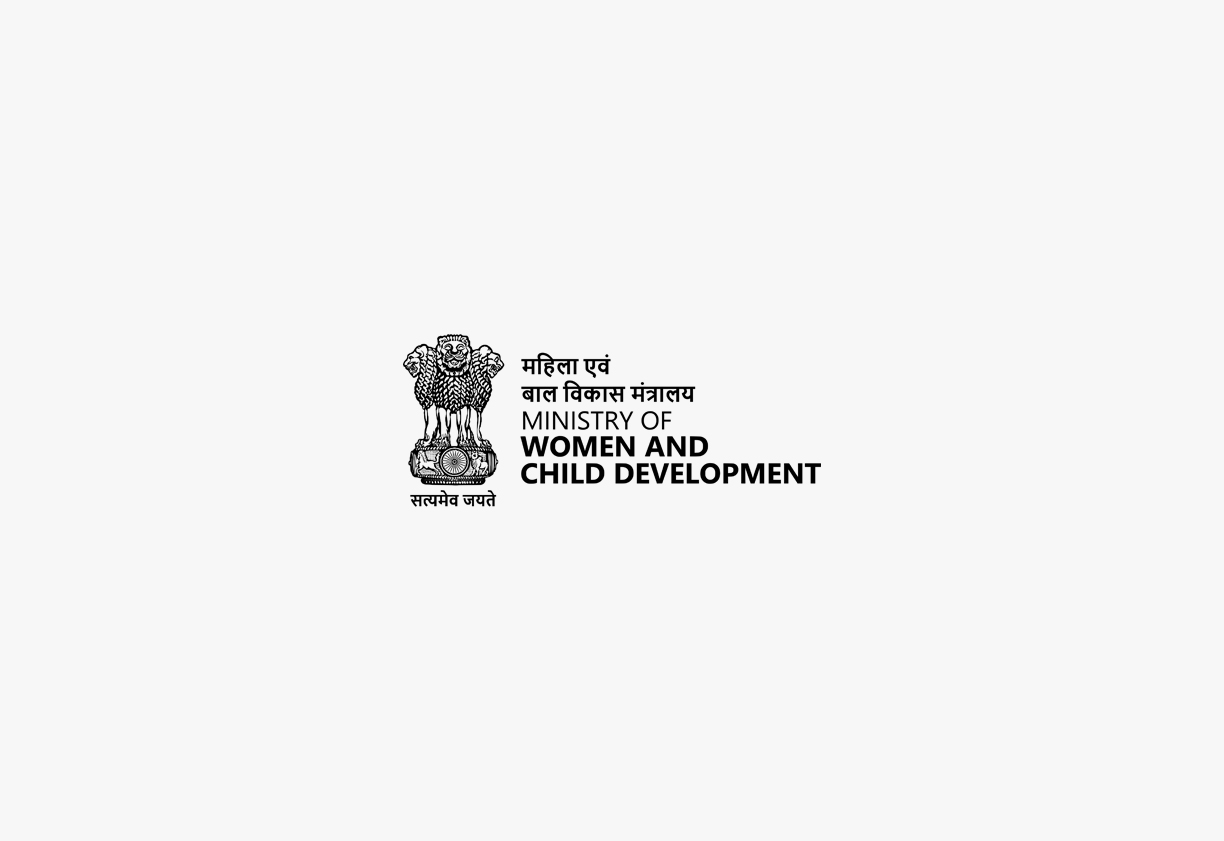Ministry of Women and Child Development
The Juvenile Justice (Care and Protection of Children) Act, 2015, consolidates and amends the laws relating to children alleged and found to be in conflict with the law and children in need of care and protection. It replaces the Juvenile Justice (Care and Protection of Children) Act, 2000. The Act aims to adopt a child-friendly approach, focusing on the rehabilitation and social reintegration of children. It establishes Juvenile Justice Boards (JJBs) and Child Welfare Committees (CWCs) to handle cases related to children in conflict with the law and those in need of care and protection, respectively. The Act also streamlines adoption procedures and strengthens child protection mechanisms. This Act falls under the Ministry of Women and Child Development.
Enactment Date, Number of Chapters, Number of Sections:
The Juvenile Justice Act was enacted on December 31, 2015, and came into force on January 15, 2016. It consists of ten chapters and 112 sections.
Act Governed By:
The Act’s implementation is overseen by various authorities, including Juvenile Justice Boards (JJBs), Child Welfare Committees (CWCs), Children’s Courts, adoption agencies, and designated government officials. The Central and State Governments have powers to make rules and regulations, and the Ministry of Women and Child Development plays a coordinating role.
On Whom It Is Applicable:
The Act applies to all children (persons below the age of 18) in India. It specifically addresses two categories of children: those in conflict with the law (alleged or found to have committed offenses) and those in need of care and protection (e.g., abandoned, neglected, or exploited children).
Penalties/Punishments:
The Act itself doesn’t directly prescribe penalties for offenses committed by children. Instead, it focuses on rehabilitation and restorative justice. However, it does prescribe penalties for adults who commit offenses against children or violate the Act’s provisions, such as employing children for begging or giving them intoxicating substances. It also outlines procedures for dealing with adults who commit serious offenses against children.
Important Pointers:
-
Establishes Juvenile Justice Boards and Child Welfare Committees to handle cases related to children in conflict with the law and children in need of care and protection, respectively.
-
Provides for separate procedures and institutions for children in conflict with the law, emphasizing rehabilitation and reintegration.
-
Outlines the process for adoption, including eligibility criteria for prospective adoptive parents and procedures for in-country and inter-country adoptions.
-
Defines various offenses against children and prescribes penalties for adults who commit them.
-
Mandates the establishment of child care institutions, including children’s homes, observation homes, special homes, and open shelters.
-
Provides for foster care and sponsorship programs for children in need.
-
Includes provisions for after-care support for children leaving care institutions.
-
Requires the maintenance of confidentiality regarding children’s cases, except under specific circumstances.
-
Establishes a Juvenile Justice Fund to support the implementation of the Act.




